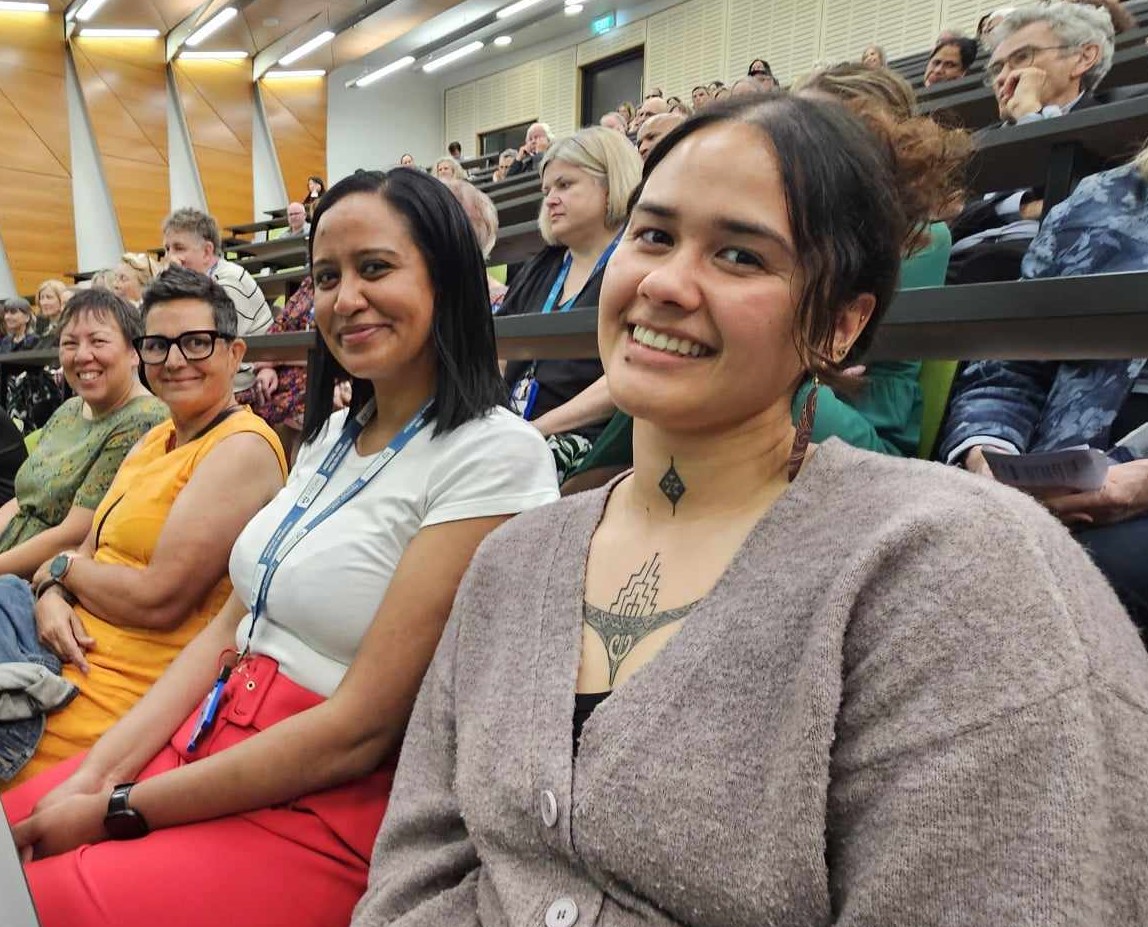Reconnection to land, language, and thriving in Māori ways of healing, caring, and nursing is a history we are reinstating as tangata whenua of Aotearoa New Zealand. So in that way, I really do think that I have ended up here with the support of all those before me, who made this possible.
I did my undergraduate nursing degree, and by no means was that easy as a child from a single-parent whānau with six kids. I was the first to graduate — both from high school and tertiary education.
After completing my nursing degree in late 2018, I entered nurse entry to practice (NETP) at a general practice/urgent medical centre in Papakura.
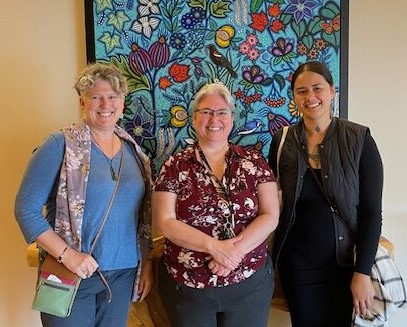
While working full-time, I began postgraduate study and was invited by a University of Auckland lecturer to undertake an honours research project. With the Te Whatu Ora post-graduate funding that can bring, I thought: “Sure, I need as much free study as I can get!”
The research — later published as Kōrero Mai — explored the experiences of whānau Māori coming into the clinic with eczema. A lot of whānau I was caring for kept saying nothing was working. As a sister of a sibling with eczema too, I thought: “Hang on, I’d better have a bit of a look at what’s going on here.”
What I found was systemic health-care racism in their experiences — families who often faced judgments and delays in getting the care they needed. One whānau waited three years before they saw a dermatologist. But the research was strengths-based, revealing the resilience of whānau finding their own solutions, like rongoā, and how much aroha they had for their children.
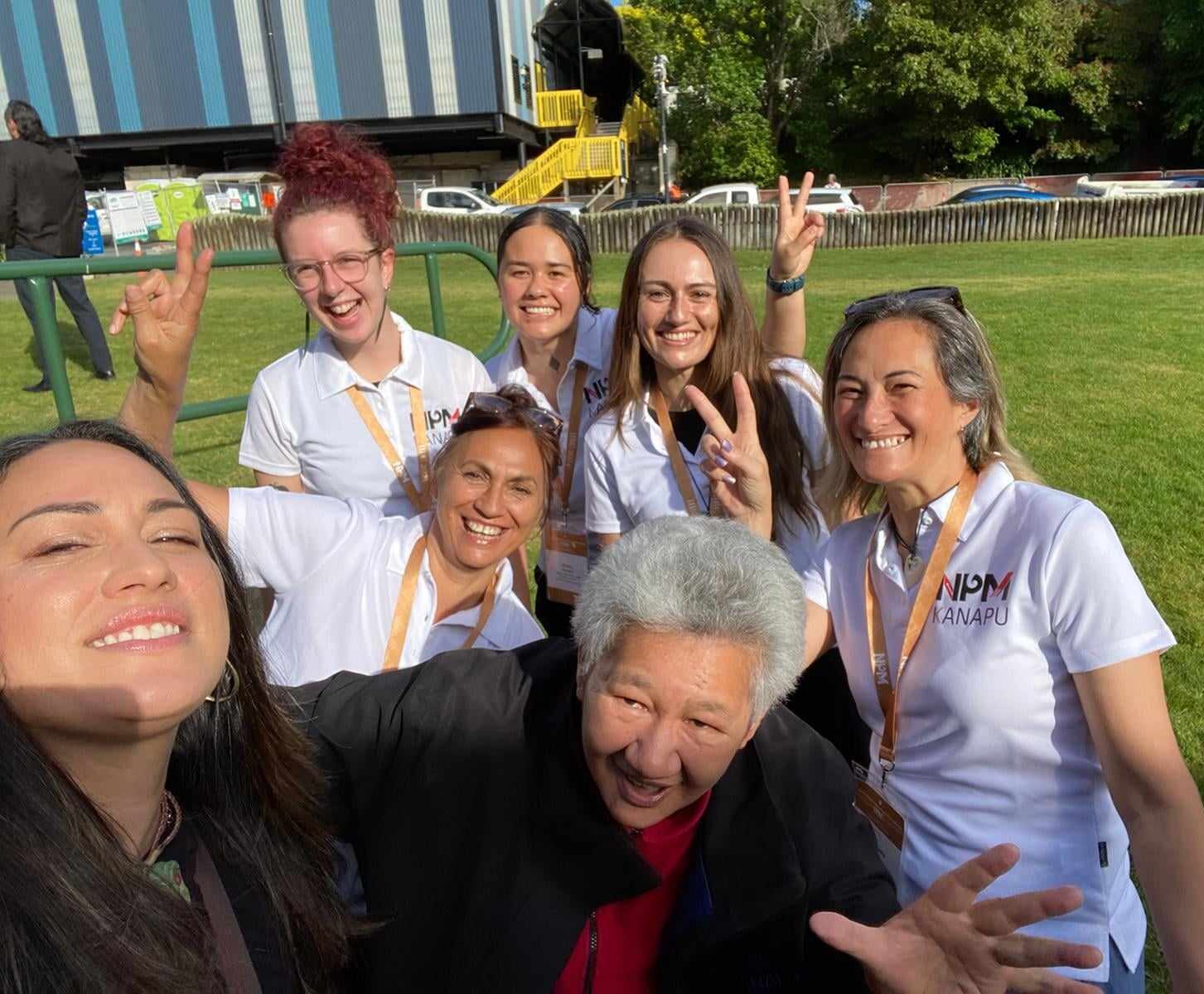
I’ve always had a primary care focus – I’ve always thought upstream, working with whānau, it’s the best point of view when it comes to sustainable health and wellbeing outcomes.
Lots of health environments can be difficult to navigate when you’re Māori, because we work in a way that has to have feet in both worlds.
As a Māori nurse researcher, the navigation is different because you find you’re doing research on your own people — and on yourself. And we know the space has been culturally unsafe — research has caused historical harm to indigenous communities for many reasons, but I am working to change that narrative.
After deciding to pursue nursing research, I supported a project within an acute hospital, which further exposed the challenges within these settings and potential solutions by Māori, Pasifika, and Indian patients navigating health.
During this time, I also explored Māori nurse experiences of caring for whānau, which reaffirmed what I had also felt in my nursing journey. Lots of health environments can be difficult to navigate when you’re Māori, because we work in a way that has to have feet in both worlds.
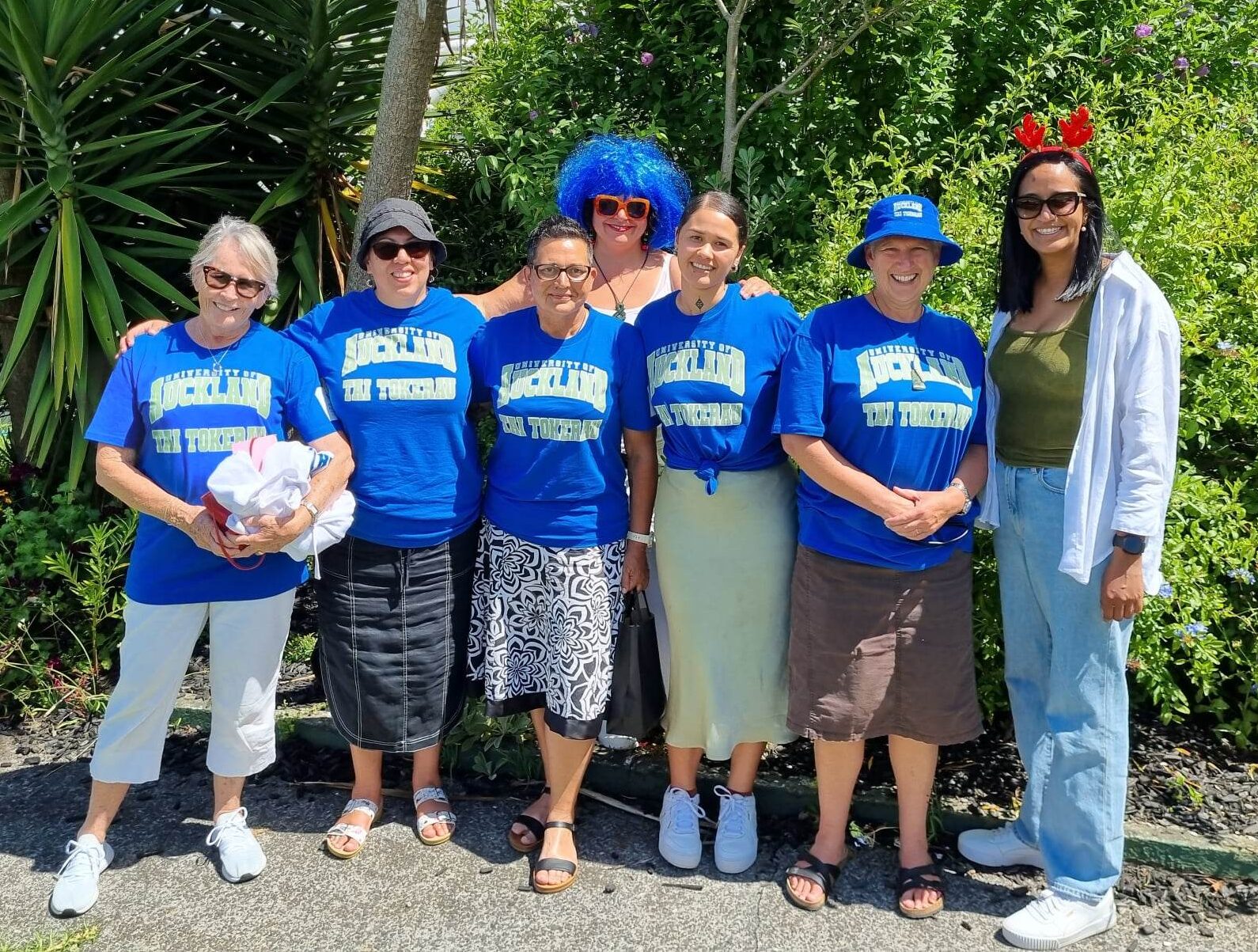
So it’s important that kawa whakaruruhau — cultural safety as defined by Irihapeti Ramsden in the 1980s — actually supports Māori nurses to be Māori, and care for whānau safely. What I mean is the health-care system creating spaces where Māori nurses can maintain their indigenous sovereignty in nursing. But sometimes that’s difficult because many Western health-care and nursing education systems do not support that.
Academic ‘touchstones’
After the hospital I shifted into academia. Finding my feet in the academic world, there were key touchstones along the way that supported me. Had I not had them, I wouldn’t be where I am.
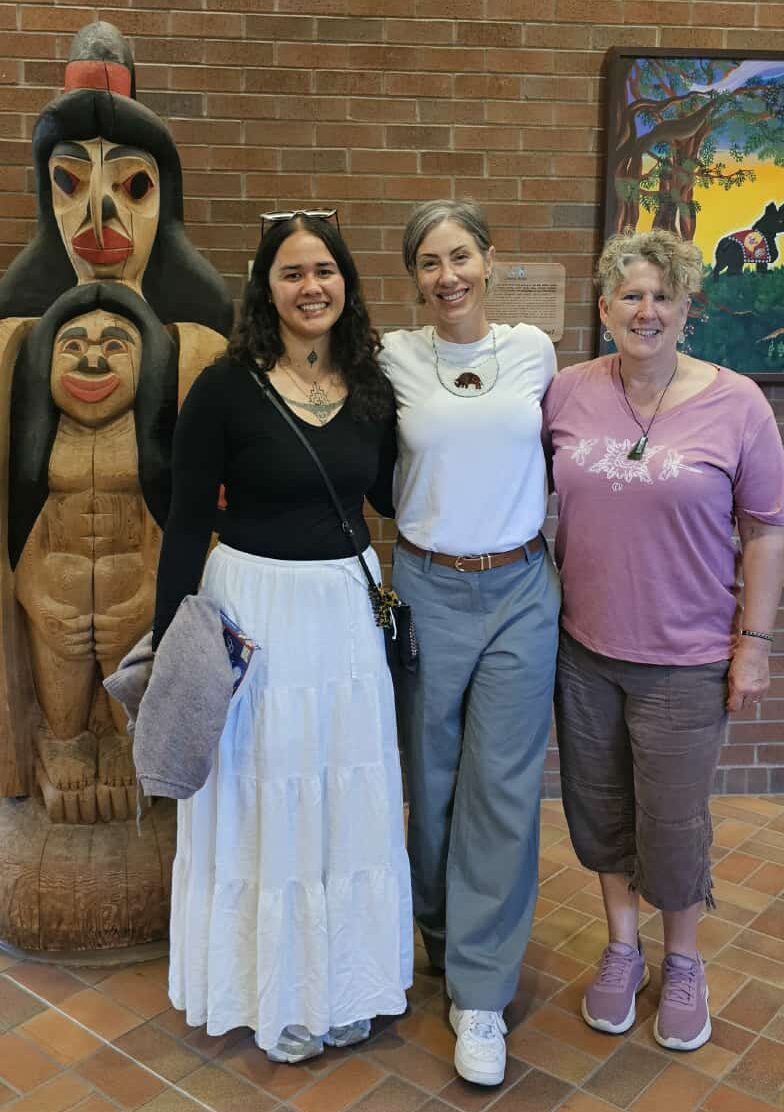
Part of that is allyship. My supervisors, both Māori and tauiwi, shared a strong vision for supporting Māori in research, and colleagues stood by me in clinical spaces as well. These allies held belief in me when I didn’t, and their support carved out a space that might not have existed otherwise.
The real strength for me as Māori comes from the signing of He Whakaputanga and Te Tiriti of Waitangi because we have had to be bicultural, and that is a formidable strength when we have to navigate complex situations, challenges, and systems. So, we have adaptability on our side. Plus, if we see ourselves in academic or other spaces, we can aspire to do the things that we have been told we’re not capable of.
After participating in several research projects on whānau experiences and the value of Māori nurses and nurse practitioners (NPs) — for the next three years I’m doing a PhD, exploring how Māori NPs weave mātauranga Māori, nursing, and biomedical knowledge into care.
Financial support has been essential to embark on this doctoral journey — we know that finances can be one of the main barriers in supporting Māori academic success.
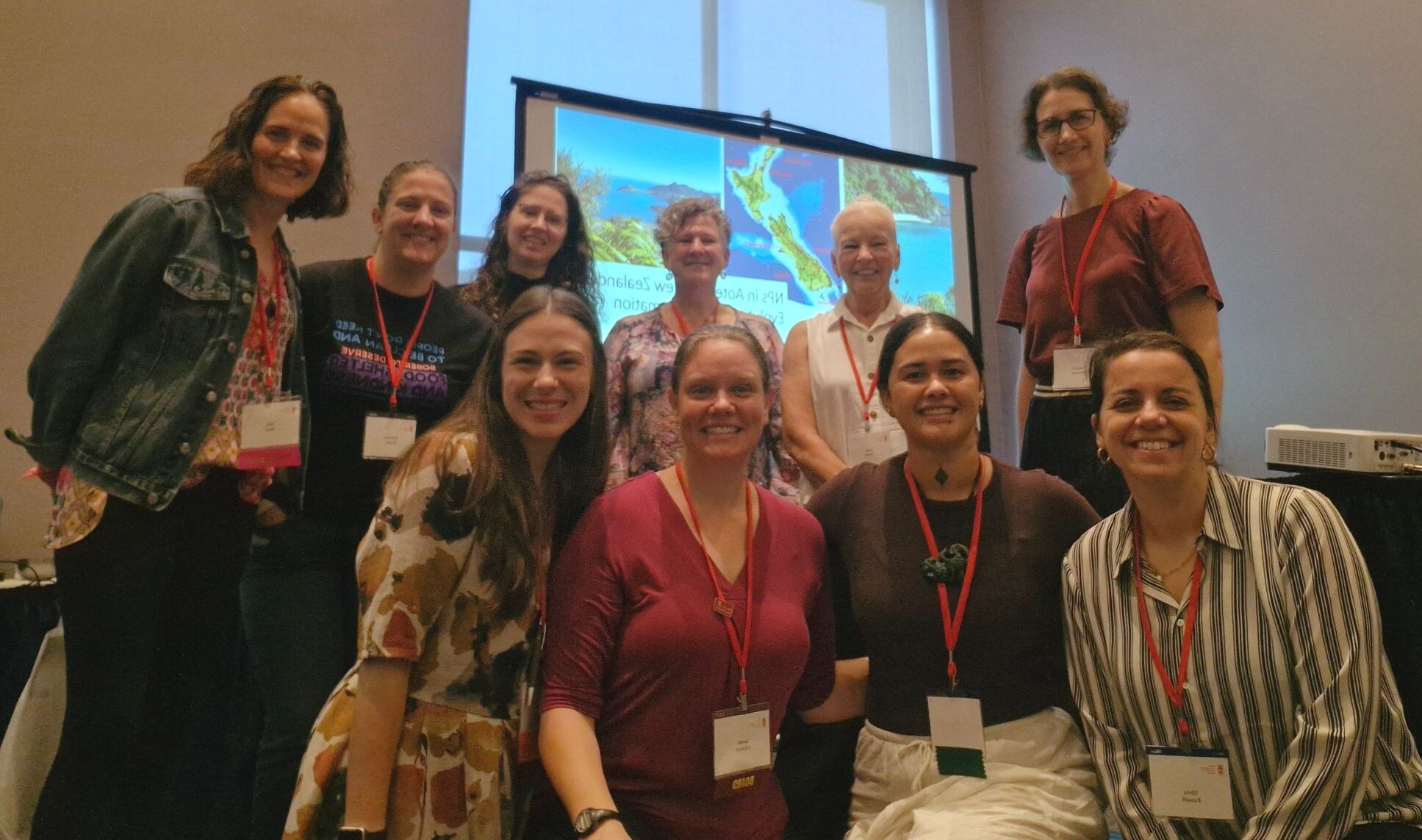
I currently receive a co-tenure from both the University of Auckland and the Māori Research Centre, Ngā Pae o te Māramatanga. I also work 14 hours per week supporting mahi at Waipapa Taumata Rau, the school of nursing in Whangārei and Tamaki Makaurau, such as research, teaching, and co-supervising student research too.
However, changes in research and funding guidelines by the current Government have made it difficult for the Health Research Council and Māori research centres like Ngā Pae o te Māramatanga to continue to deliver the same level of support.
As Māori, our work often challenges colonial structures, and that makes our presence and contributions powerful.
That is really disappointing when you think about the evidence which tells us doctoral study is a proven pathway to breaking cycles of inequity — yet fewer than one per cent of New Zealanders hold a PhD, and even fewer are Māori or Pacific. A few years ago, I counted roughly 20 Māori nurses with doctorates. Encouragingly, that number is set to double — but only if support continues.
With so many government changes around tertiary education and research funding — like the loss of the Marsden Fund and He Tipu Ka Hua Māori research fund — the success of our Māori PhD students is threatened, alongside our Māori nurses who can’t get beyond seven per cent of the workforce.
‘You ought to be grateful’
Gratitude is important — but it is also important to recognise that the support Māori nurses receive isn’t “extra,” it’s what has long been missing.
Funding and research opportunities help bridge the gap between equity and inequity and acknowledging that is part of shifting the narrative.

Māori nurses bring cultural value, leadership, research expertise, and clinical excellence to the profession. These aren’t add-ons — they’re core to nursing. I guess there is a wider philosophical question being posed here — how do we define nursing today, and how are we resourcing it?
Research is an essential pou (pillar) of nursing that sits equally alongside nursing leadership and clinical expertise. If we can inform the research evidence, then we can use this to change practice. In that way, nursing is inherently political, especially when you’re a Māori nurse. As Māori, our work often challenges colonial structures, and that makes our presence and contributions powerful. Every step we take in research, leadership, and practice is a step toward transformation.
Reciprocity
I think reciprocity – manaakitanga – is really important when it comes to leadership.
My thoughts about leadership are that if service is beneath you, then leadership is beyond you. And part of that service is supporting those in the current generation to be better than me, really.
I do a lot of voluntary work, in my own time. I’m involved with NZNO’s nursing research section. I’m on the board of Nursing Praxis journal. I meet with Māori nurses who have a passion for publishing and don’t know how. There are post-graduate students I get to support in academia. I’ve met undergraduate nursing students at different universities talking about my journey. Earlier this year I was talking to nursing students at NorthTec, which just released its BN Māori programme, about scholarships — because, again, financial security is an important factor for success.
Future?
Aotearoa does lead the way in many indigenous health research and nursing spaces, and that’s something to be proud of. This leadership creates exciting opportunities for cross-cultural relationships, so I’d really like to go overseas — I’d like to see what they’re doing. I think there’s a lot of potential and opportunity to learn from others and share what we’re doing here.
At home in Aotearoa, my focus remains on Māori research — just being Māori.
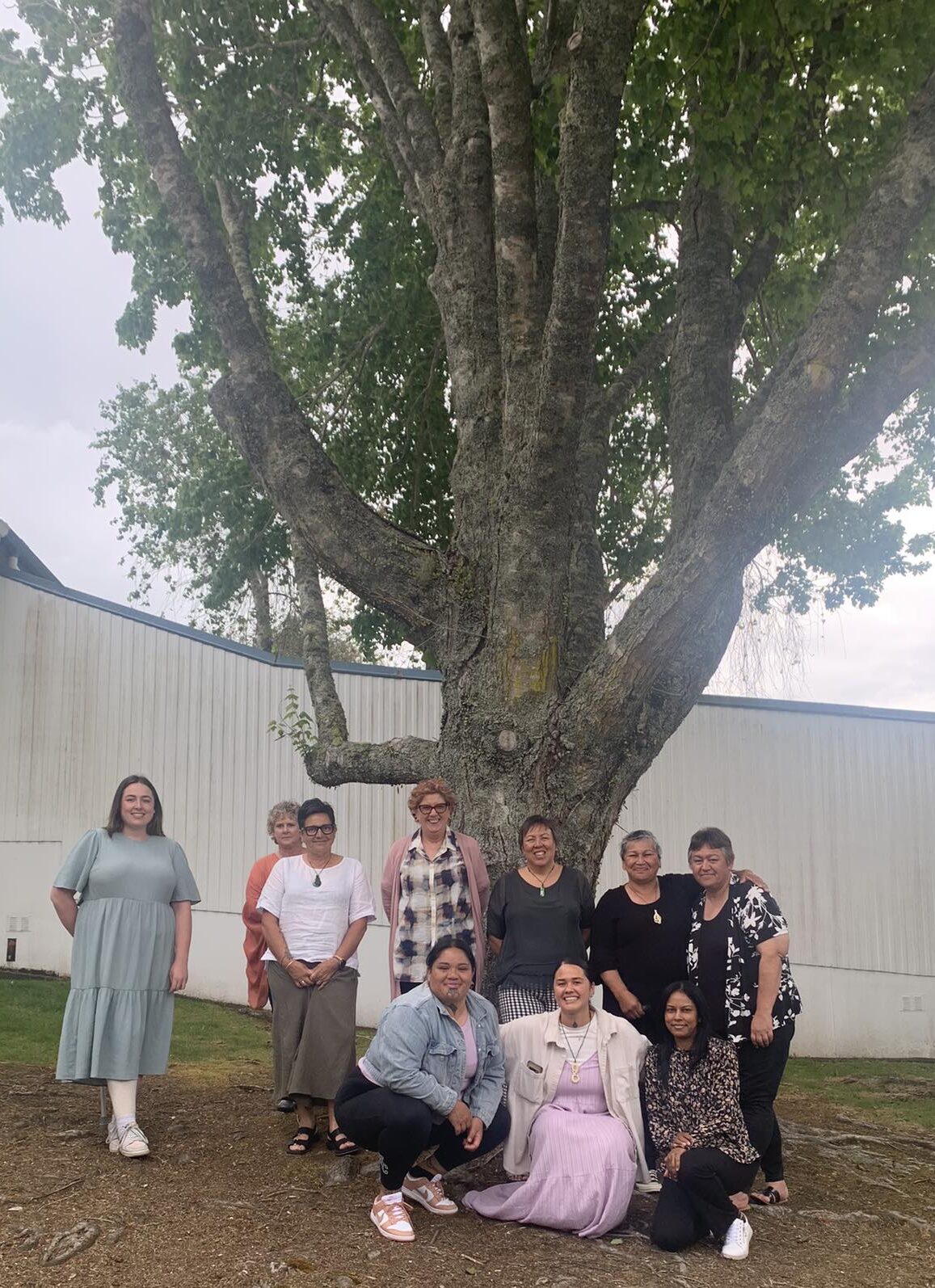
So I think that goes back to expressing myself in any way that I can – and research is one of those avenues, but it’s not the only one. Giving back to my whānau, hapū, my iwi – because that’s where my heart is and that’s who deserve it the most.
The future feels uncertain. With significant changes to research funding, the pathway beyond my doctoral studies in 2027 is unclear but I will cross the bridge when it comes. As I said, research is a central pou in nursing. Research is accessible and it doesn’t need to feel like it’s not part of your everyday, because if generating knowledge, finding solutions, or seeking answers is part of your everyday work, then that’s research to me.
— Ebony Komene, Ngāpuhi (Te Kapotai, Ngāti Ueoneone), Te Arawa (Ngāti Pikiao, Ngāti Whakaue, Tapuika), is currently completing a PhD at Waipapa Taumata Rau – University of Auckland.



